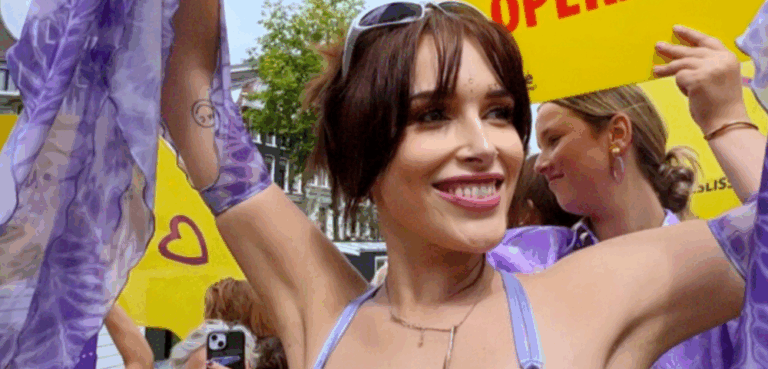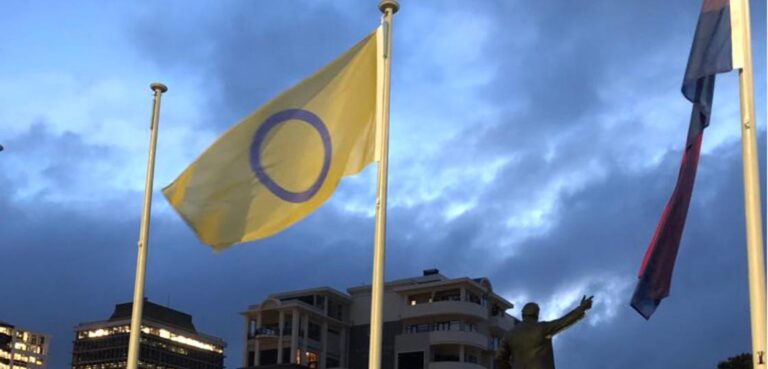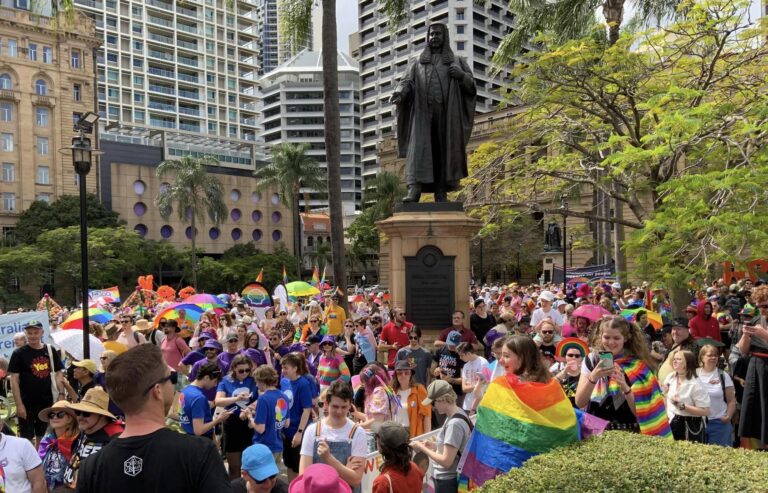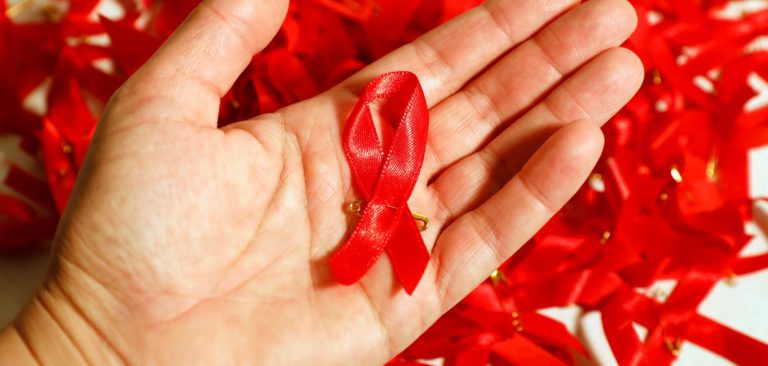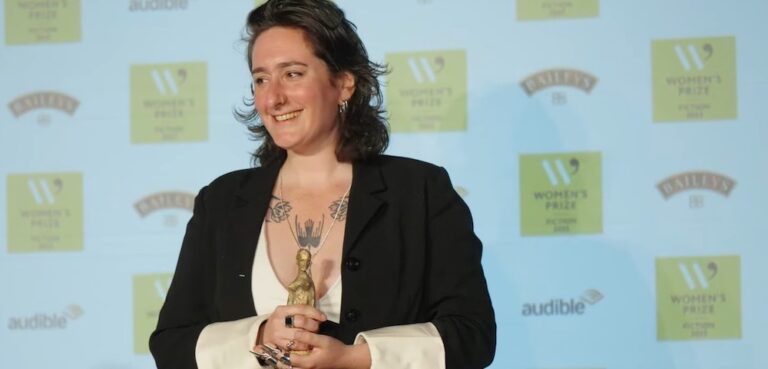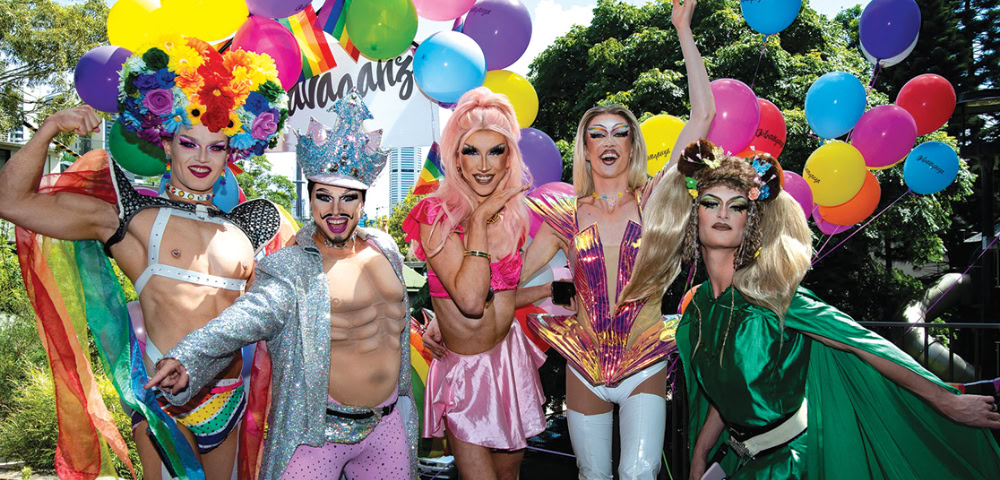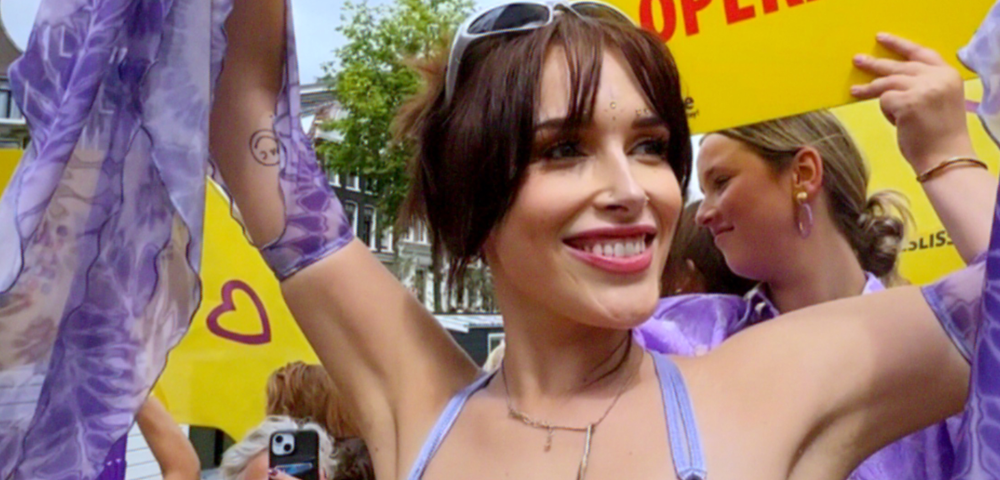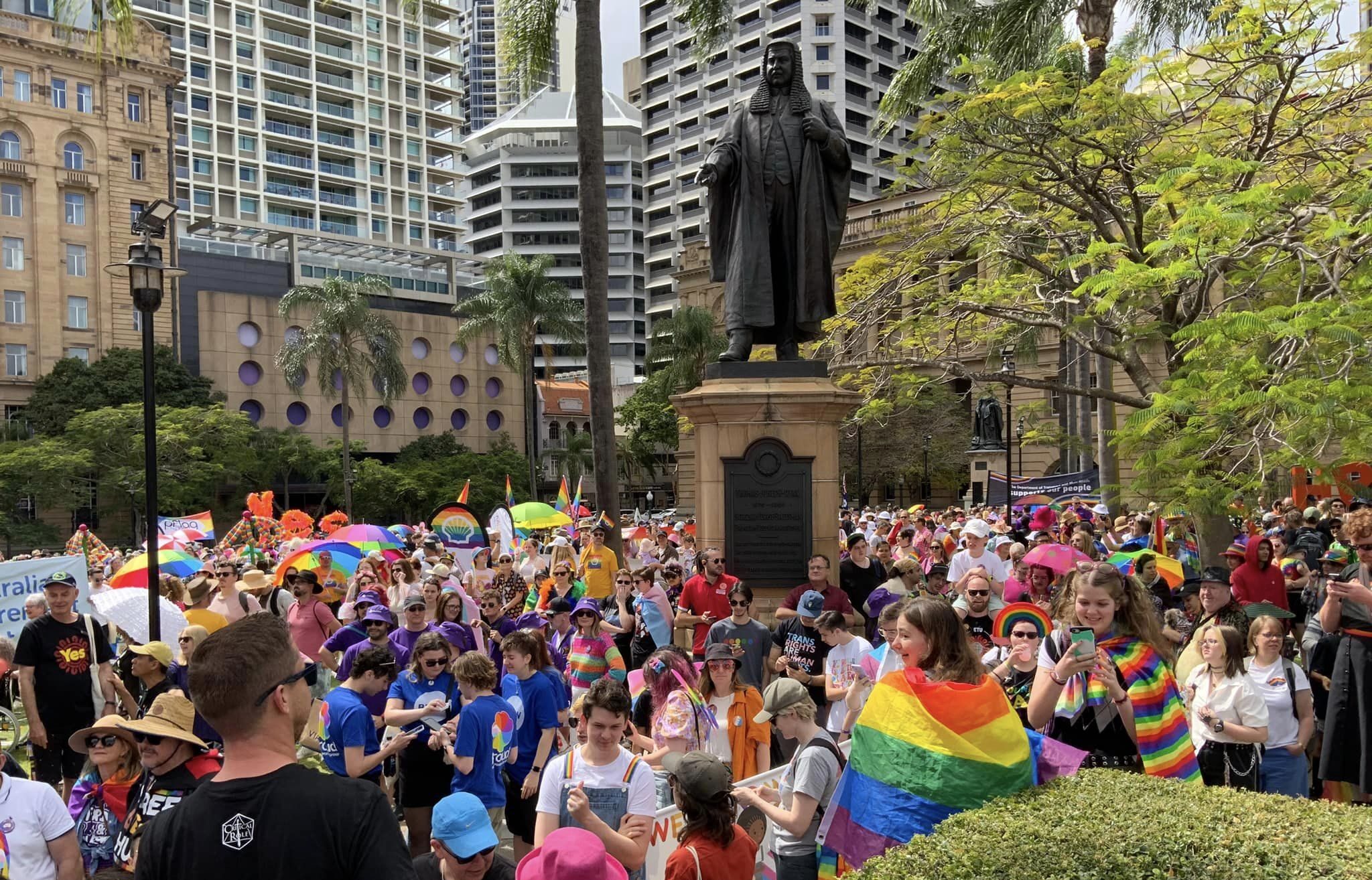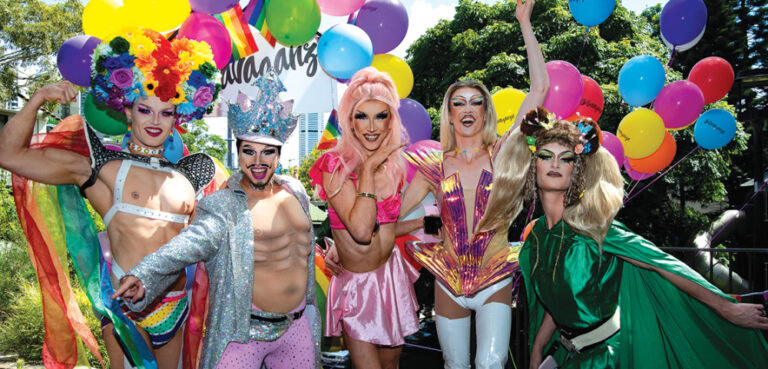
Intersex organisation announces funding for paid staff
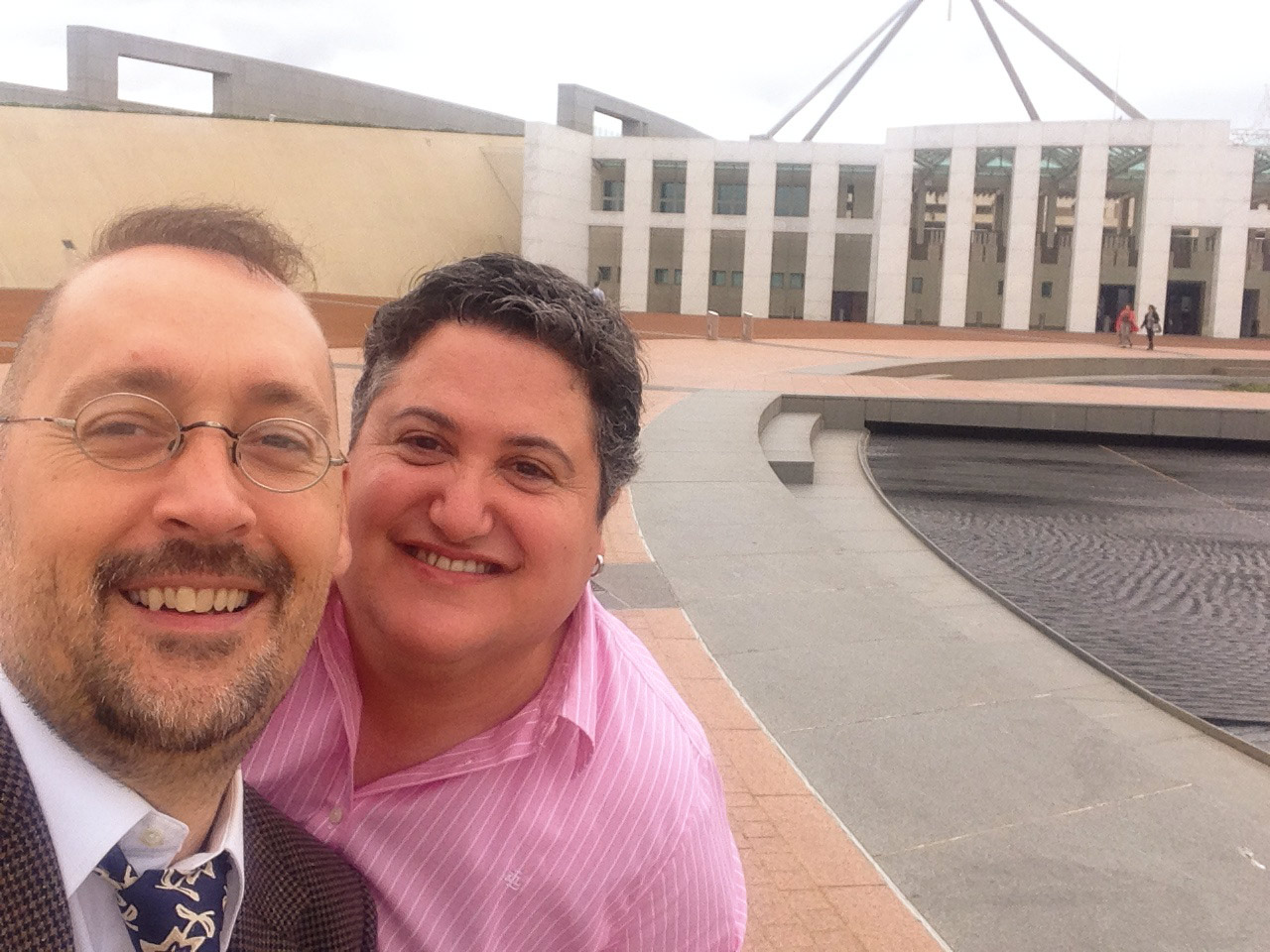
FOR the first time ever Australia’s leading advocacy group for people with intersex traits will have paid staff helping to progress the needs of intersex people in the country.
“So far, everything that we’ve done has been volunteer-run. There’s a lot of power in that, as shows the level of commitment and persistence that our volunteers have had, but it’s also so difficult to sustain alongside other commitments.
“This appointment will help us to develop our systemic advocacy work in a more structured and strategic way, and help us to promote the development of services for people born with intersex variations.”
The move to fund the executive director roles is of great significance as globally organisations working for people with intersex traits receive very little funding. In 2016, only $200,000 in grant funding was awarded across 32 organisations in 27 countries.
“People often think intersex people are just invisible, we’re not part of round table discussions, or at the table at all,” Carpenter said.
“A big part of that is poverty, and lack of resourcing to get us around the table. now we’re here. I hope people will see more of us, and begin to understand our issues better.”

